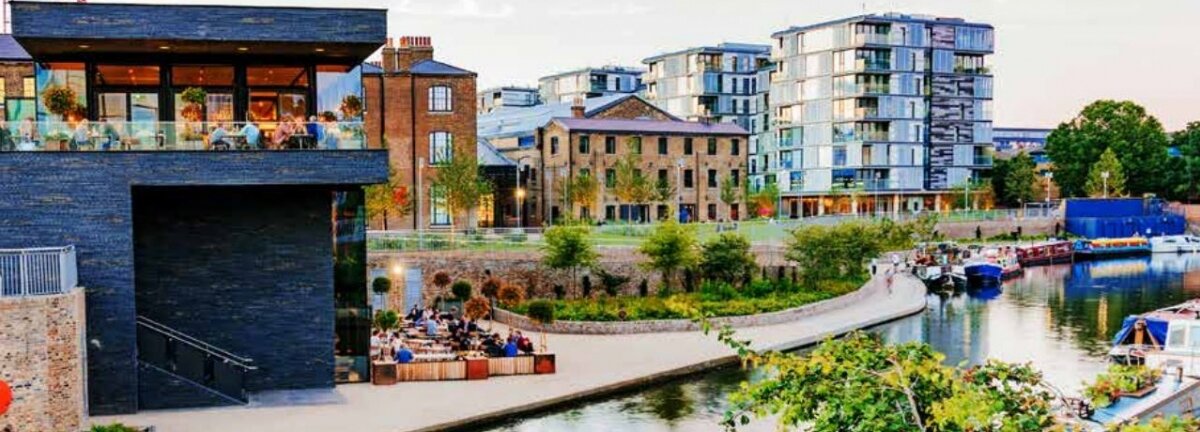Design Council responds to proposed planning reforms

The government has today announced a shake-up of a planning system to streamline processes, cut red tape and harness technology to deliver homes faster. Key elements of the reforms, outlined in the policy paper Planning For The Future will aim to see:
- Local communities consulted from the beginning of the planning process at plan-making stage. By harnessing the latest technology through online maps and data, the whole system can be made more accessible.
- Valued green spaces protected for future generations by supporting more densification of brownfield land and all new streets to be tree lined.
- Much-needed homes built quicker by ensuring local plans are developed and agreed in 30 months – down from the current 7 years.
- Every area with a local plan in place - currently only 50% of local areas has an adopted plan.
- The planning process overhauled and replaced with a clearer, rules-based system. Currently around a third of planning cases that go to appeal are overturned.
- A new simpler national levy to replace the current system of developer contributions which often causes delay.
- The creation of a fast-track system for beautiful buildings and establishing local design guidance for developers to build and preserve beautiful communities.
- All new homes being carbon neutral by 2050, with no new homes delivered under the new system needed to be retrofitted.
“Overhauling the UK’s planning system can be a key factor in Britain’s recovery. I particularly welcome the emphasis on speeding up processes that currently take far too long, and alongside this recognition of meaningful community engagement, which is vital for successful, good quality development. However, these reforms also need to bring with them a swift step change in the roll-out of green and blue infrastructure, making our neighbourhoods healthier, more equitable and sustainable places to live. We are proud to be playing a central role delivering on several of the government’s objectives through the development of the National Model Design Code, which will be of huge benefit to developers, builders and most importantly the public.”
“The opportunity to consult on the contents of the white paper is welcome news, and we will look to this process to express some of our outstanding concerns. These include the necessity of greater resources being made available to planning authorities, to ensure the rigorous scrutiny of the planning process that means developments deliver on what they promise. Faster must not also mean lax. We also need to see that extending permitted development rights won’t just lead to more low-quality housing. We will seek concrete commitments about how design codes will be monitored and enforced.”
Subscribe to our newsletter
Want to keep up with the latest from the Design Council?
